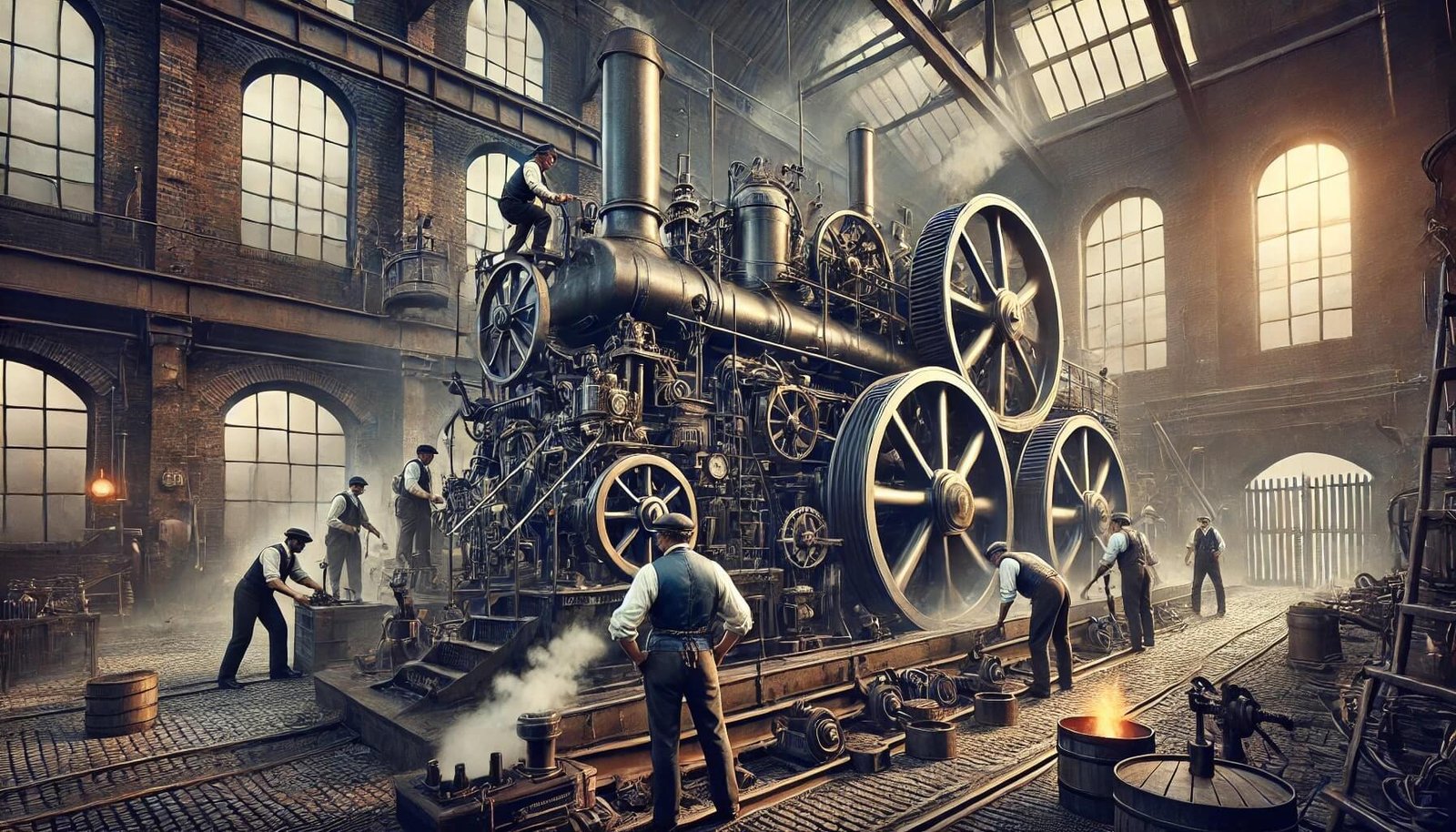
The Victorian Era: Foundations of Modern Society
Discover the cultural, technological, and social transformations of the Victorian era and their profound impact on modern society. Explore its inventions, culture, and reforms.
The Victorian Era: Foundations of Modern Society
During Queen Victoria’s rule from 1837 to 1901, the Victorian era saw significant change. From groundbreaking inventions to sweeping social reforms, this era laid the groundwork for many aspects of modern society. Its influence on culture, technology, and social structure continues to shape our world today. Let’s delve into the significance of the Victorian era and explore how it has left an indelible mark on modern life.
Cultural Transformations of the Victorian Era
The Victorian era was a cultural renaissance, with art, literature, and architecture flourishing under Queen Victoria’s rule. The Gothic Revival style, epitomized by structures like the Houses of Parliament, became synonymous with Victorian architecture. Literature also thrived, with iconic authors like Charles Dickens and Charlotte Brontë addressing the social issues of the time through their works.
This era also saw a rise in leisure activities, with the creation of museums, theaters, and public parks. Institutions like the Victoria and Albert Museum were established to make culture accessible to all. These cultural transformations during the Victorian era reflect a society embracing creativity and public engagement, setting the stage for our modern cultural landscape.
Key Figures of Victorian Literature
| Author | Famous Works | Themes |
|---|---|---|
| Charles Dickens | Oliver Twist, Great Expectations | Social inequality, poverty |
| Charlotte Brontë | Jane Eyre | Feminism, independence |
| Lewis Carroll | Alice's Adventures in Wonderland | Fantasy, childhood imagination |
Learn More About Microplastic Pollution Solutions: Revolutionizing Clean Ocean
Technological Advancements of the Victorian Era
The Victorian era is synonymous with technological innovation. Dubbed the “Age of Invention,” this period witnessed groundbreaking developments that revolutionized industry and daily life.
Top Inventions of the Victorian Era
The Steam Engine: fueled ships, railroads, and industries, promoting urbanization and international trade.
The Telegraph: Enabled rapid communication, laying the foundation for modern communication technologies.
Photography: Allowed Victorians to capture moments and document history like never before.
These technological advancements in the Victorian era not only transformed industries but also laid the foundation for the innovations we enjoy today.
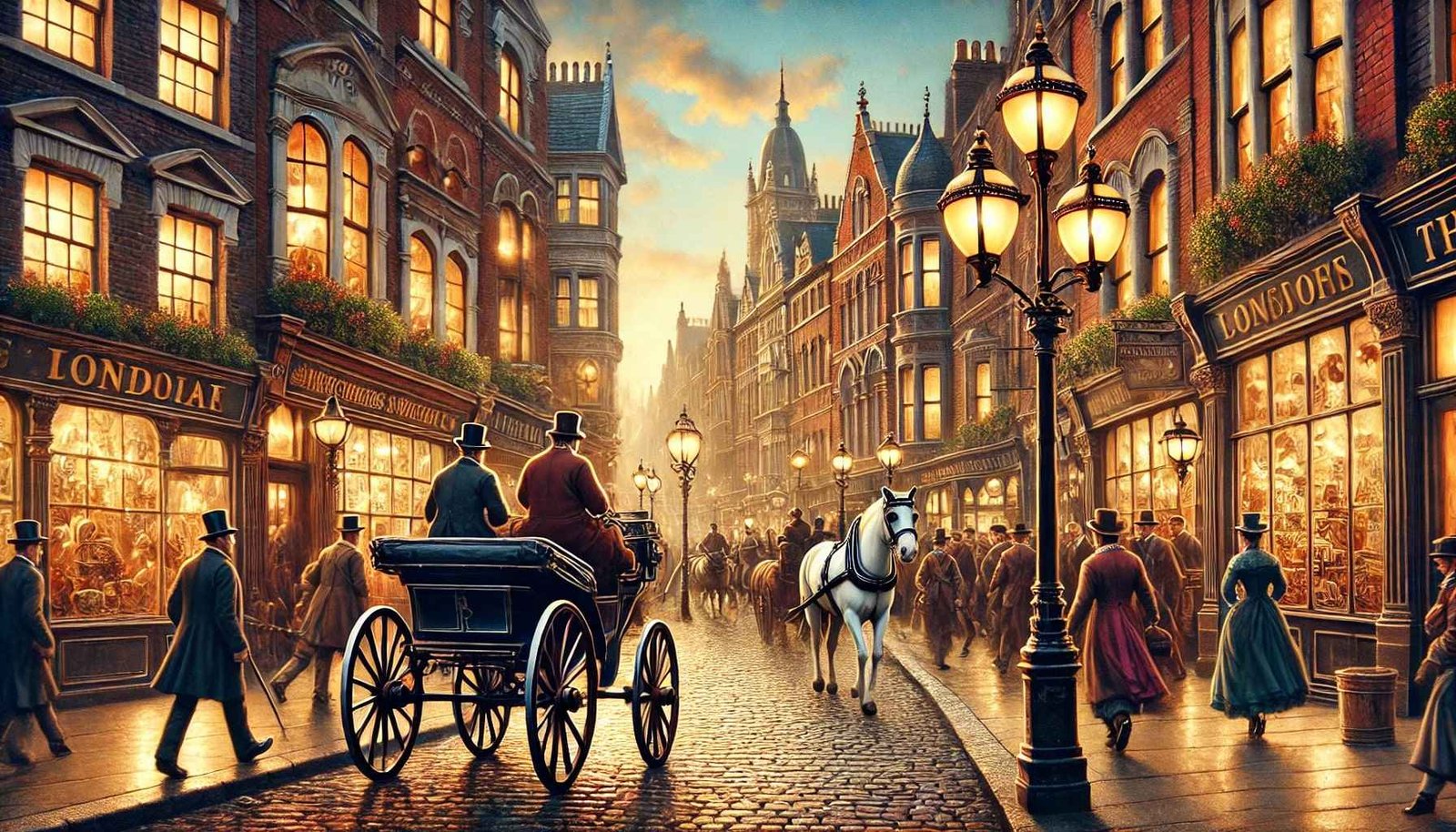
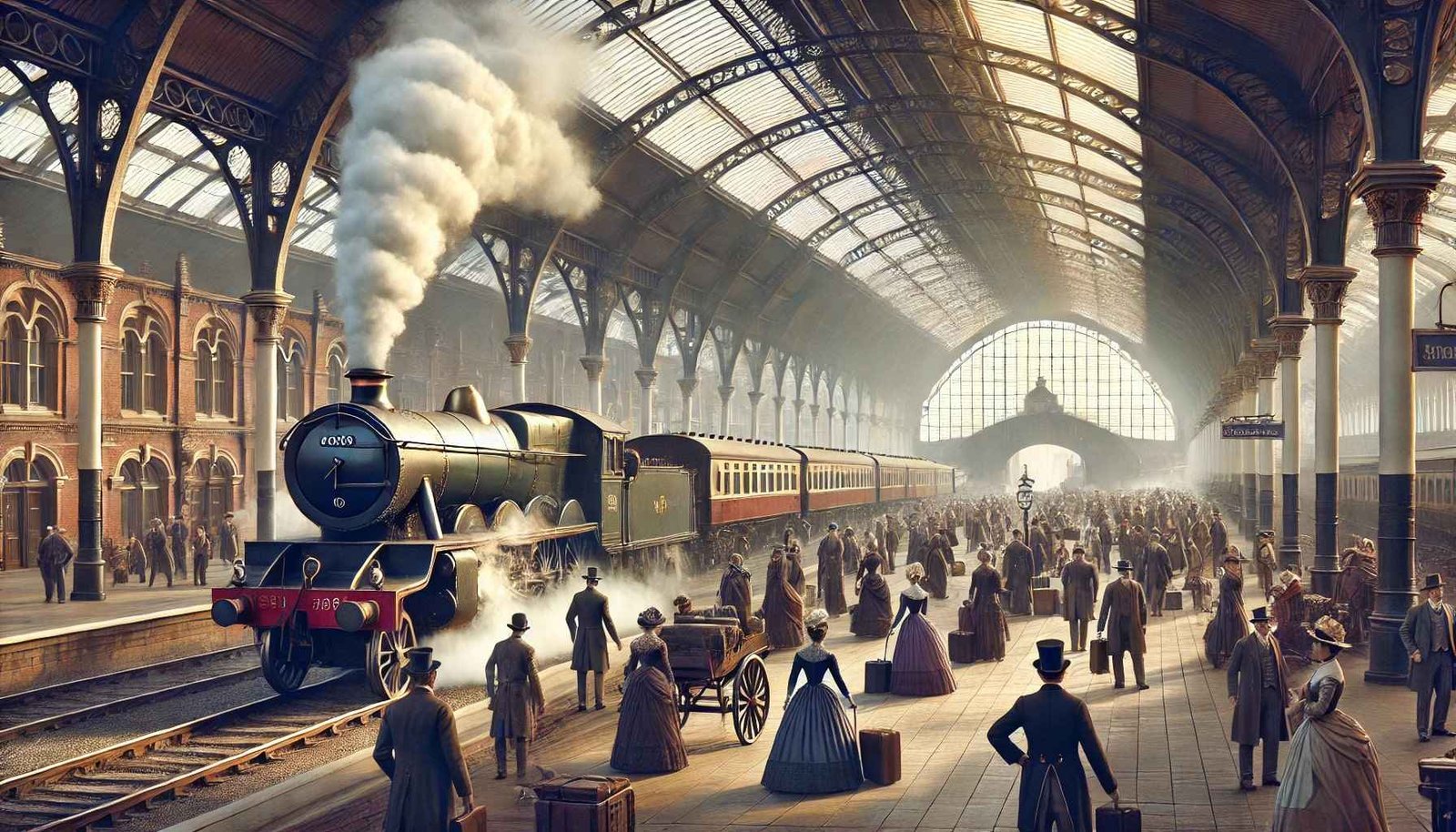
Galaxies Mystery
Galaxies are among the universe’s most mysterious and awe-inspiring structures, home to billions of stars, planets, and other celestial objects. One of the greatest enigmas is the presence of dark matter, an invisible substance that holds galaxies together through its gravitational pull. Within their cores, supermassive black holes lurk, consuming matter and emitting powerful jets of energy, shaping the galaxy’s evolution. Some galaxies defy explanation, such as those with almost no dark matter or stars moving at unimaginable speeds. Others, like quasars, shine with incredible luminosity, powered by ancient black holes. Galaxies are not only cosmic wonders but also hold the secrets to understanding the universe’s past, present, and future.
Social Reforms in the Victorian Era
Significant social transformation occurred throughout the Victorian era. Reform movements addressed issues ranging from workers’ rights to women’s suffrage, reshaping societal norms. Working conditions were improved with the passage of the Factory Acts, especially for women and children. Public health initiatives, such as the establishment of clean water systems and sanitation reforms, reduced disease and improved living standards.
Impact of Victorian Reforms
Education: Children were guaranteed free education under the Elementary Education Act of 1870.
Numerous lives were saved by improvements in public health and sanitation.
Labor Rights: Reduced working hours and improved workplace safety.
These social reforms in the Victorian era reflect a society striving for progress and equality, values that remain central to modern society.
The Lasting Impact on Modern Society
The impact of the Victorian era goes well beyond its historical context. Its cultural innovations inspired modern arts and literature, while its technological advancements laid the groundwork for contemporary industries. Social reforms from this era paved the way for workers’ rights, public health systems, and universal education.
Moreover, the Victorian emphasis on community and philanthropy resonates in today’s non-profit organizations and social welfare systems. The Victorian era impact on modern society is a testament to how a single period can shape future generations.
Victorian Legacy: Then and Now
| Aspect | Victorian Era | Modern Influence |
|---|---|---|
| Technology | Steam engines, telegraphs, photography | Cars, internet, smartphones |
| Social Structure | Factory Acts, public health reforms | Labor rights, universal healthcare |
| Culture | Literature, art, museums | Modern entertainment, global literature |
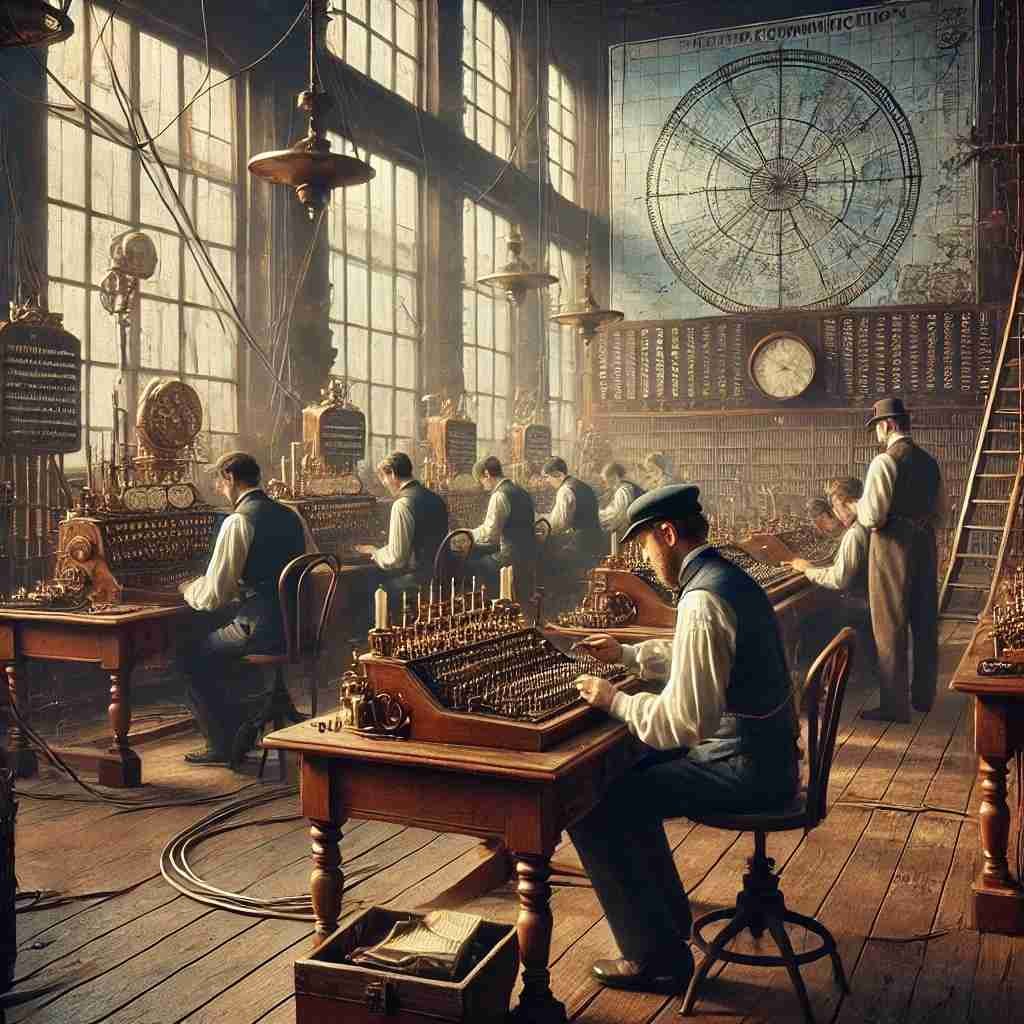
Why the Victorian Era Matters Today: Understanding the Victorian era is essential to appreciating the foundations of modern society. It was a time when the world saw rapid changes in industry, communication, and social norms. By examining its cultural, technological, and social transformations, we gain insight into the roots of our current societal structures and values.
Conclusion: A Legacy of Progress : The Victorian era was more than a historical period; it was a catalyst for progress. From its cultural renaissance to its technological breakthroughs and social reforms, it set the stage for modernity. The lasting impact of the Victorian era on modern society underscores the importance of innovation, creativity, and social responsibility.
External Link:
Call to Action:
Want to stay updated on the latest information? Bookmark this page and join with us for exclusive insights into the world’s all burning and old topics! Mail us this email to get new topics.


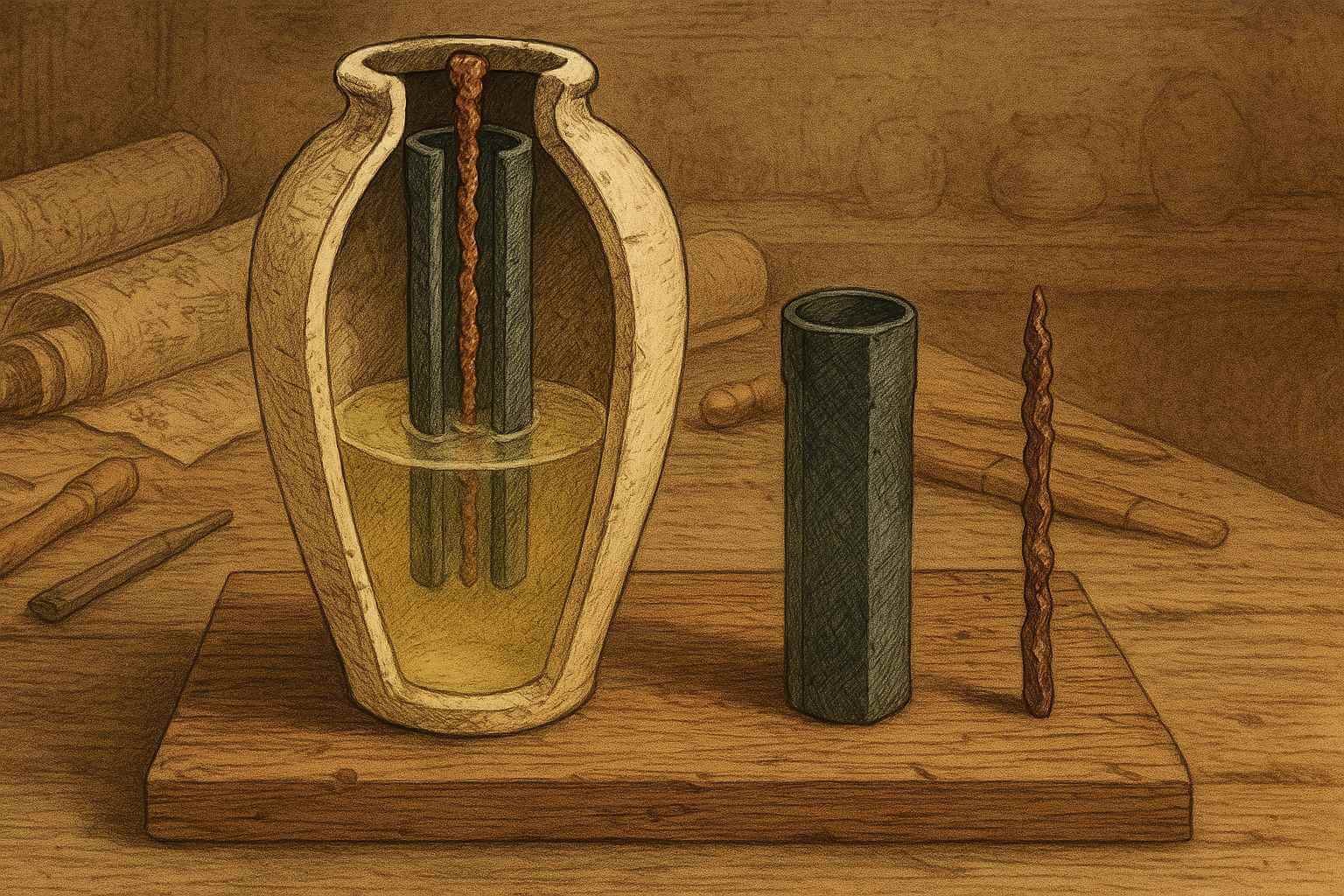

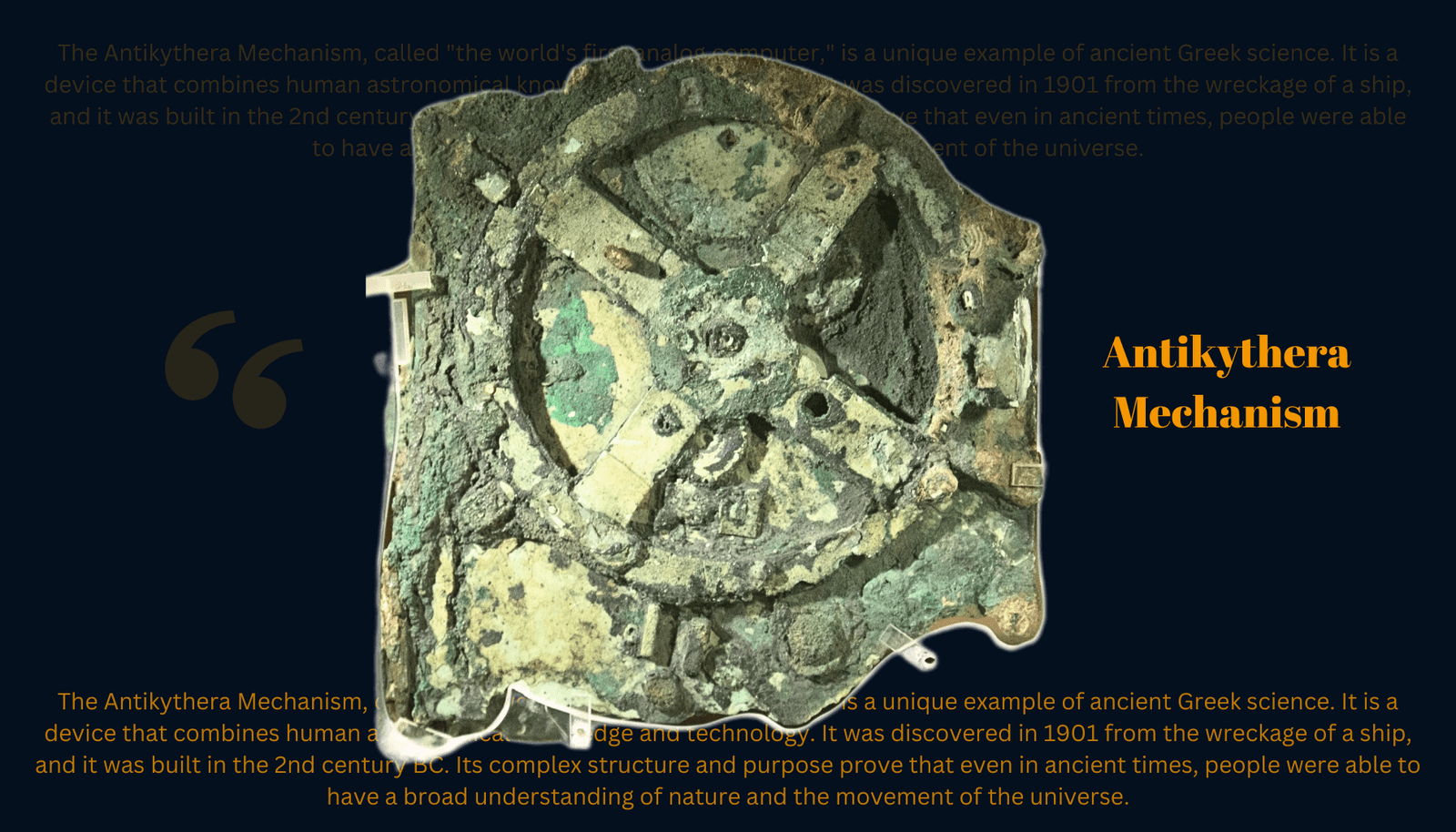

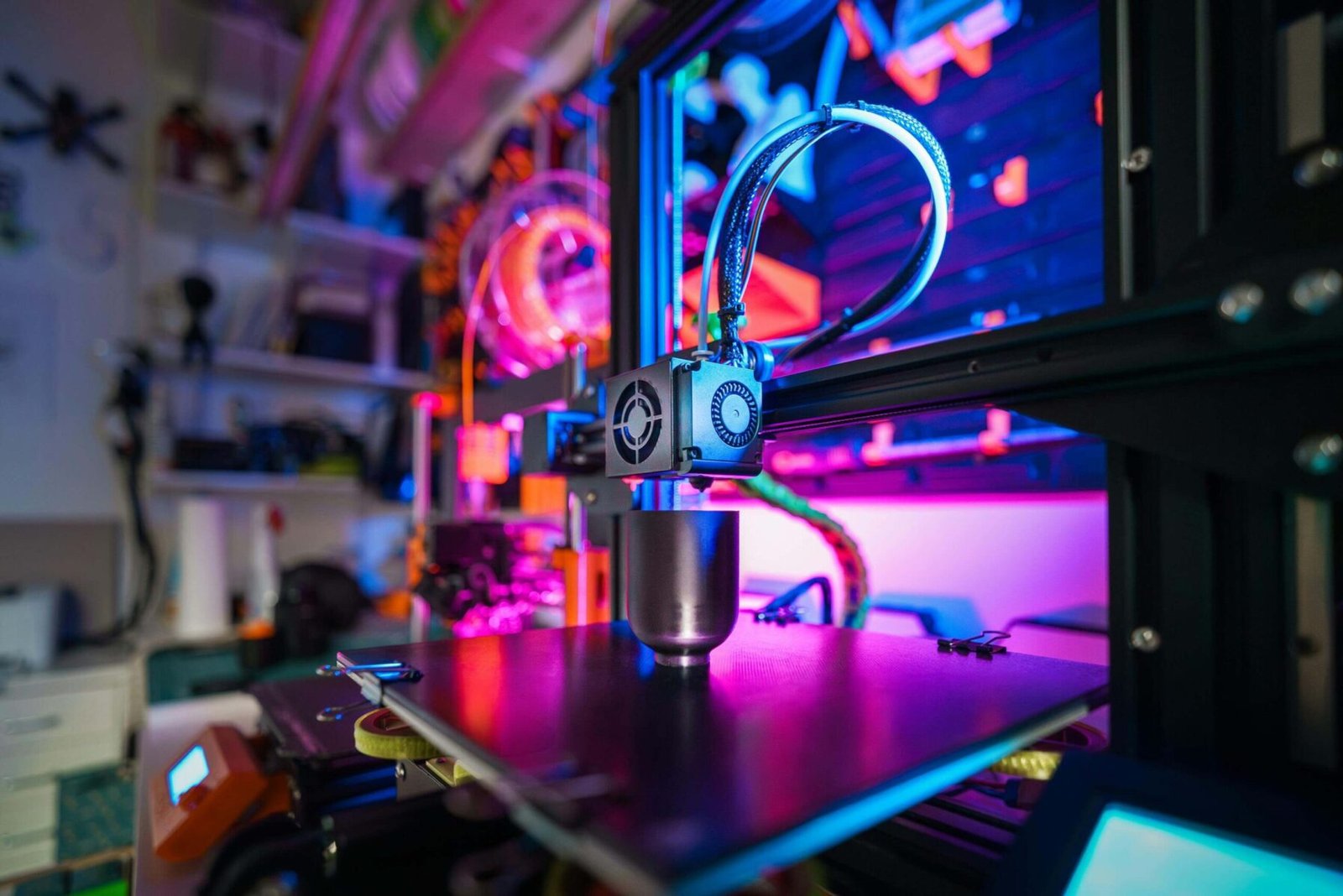
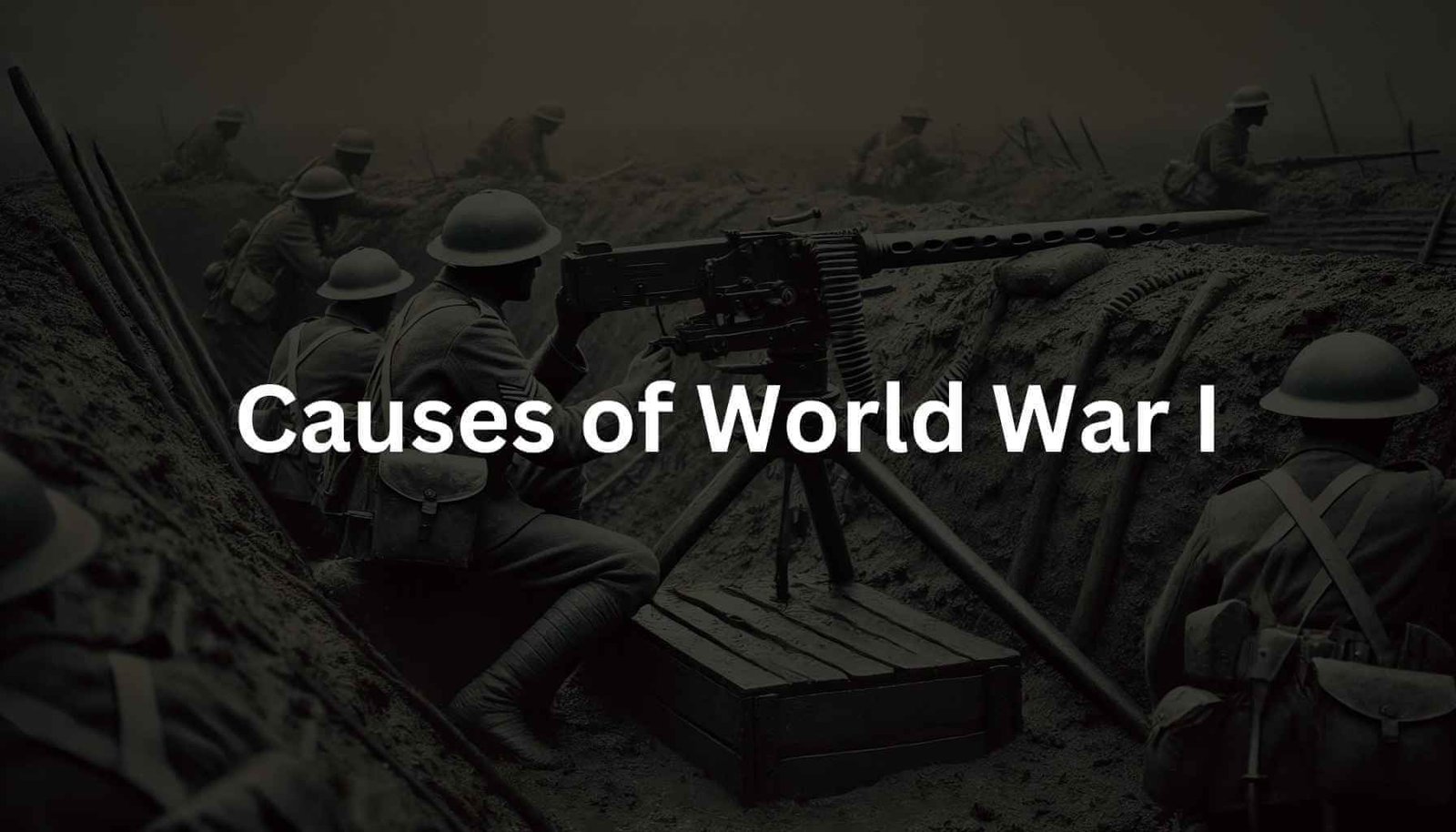


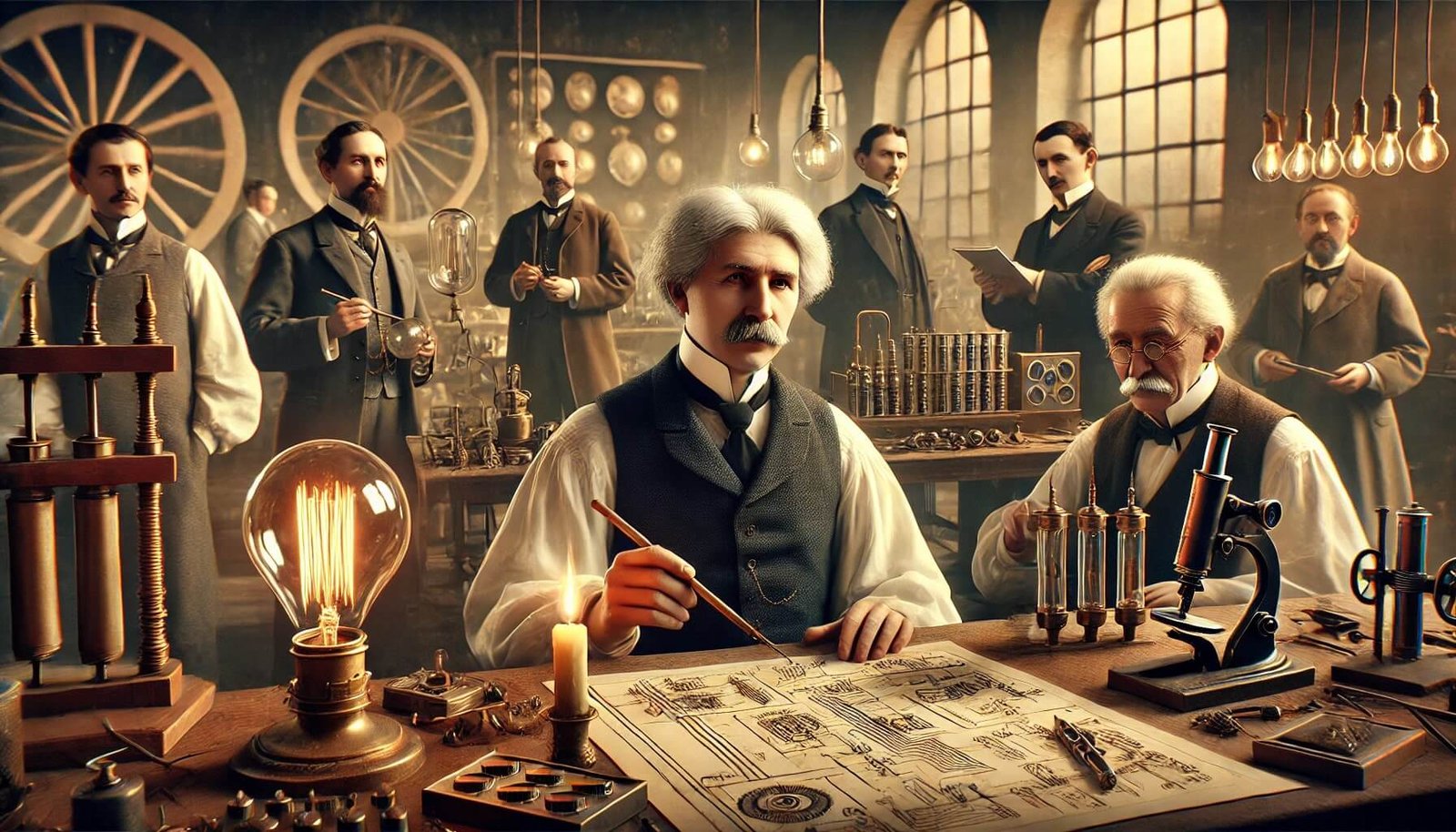


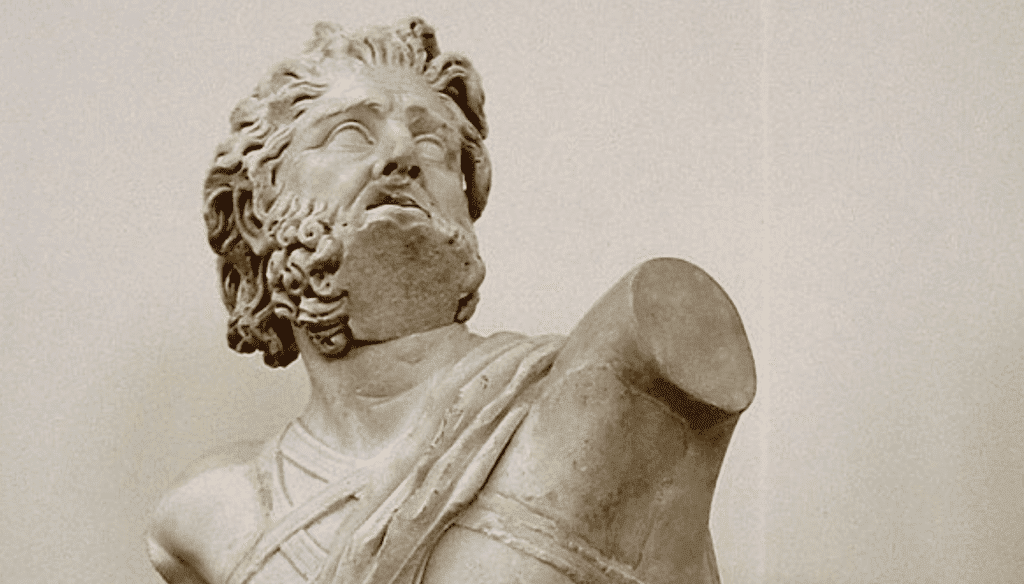
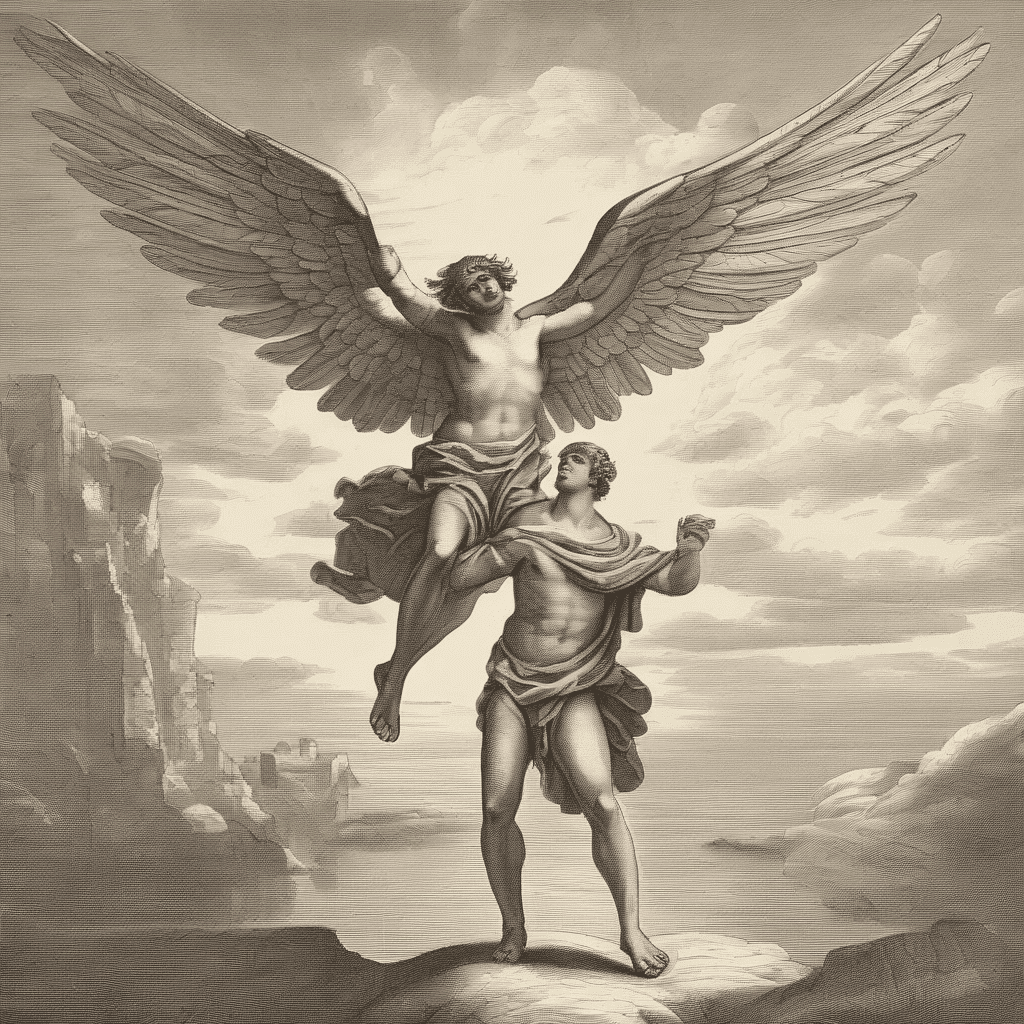
Do you mind if I quote a few of your articles as long aas
I provide credit and soources back to your website? My blog is in the exact same niche as yours aand my users would
truly benefit from some of thhe information you provide here.
Please let me know iff this okay with you.
Thanks! http://boyarka-inform.com/
sure